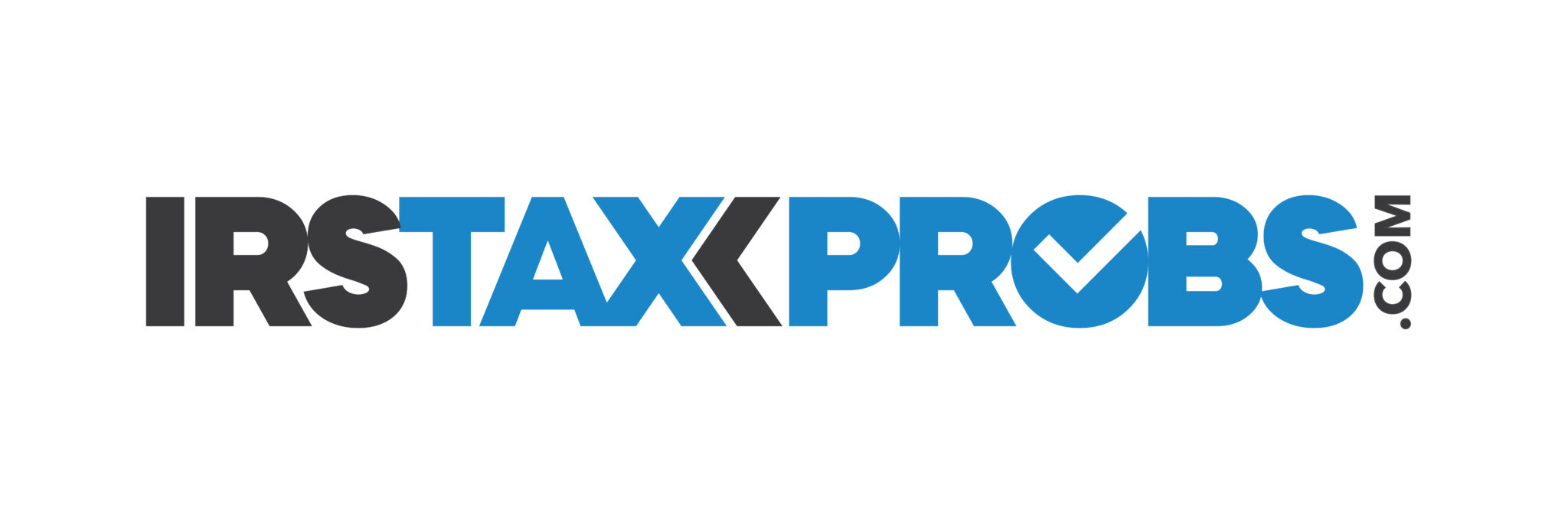TCMP Audit (“Random Audit)
Your return was not selected for an audit because of possible issues. The IRS randomly selected it. Your tax return will be assigned to an IRS Examiner or Revenue Agent. The IRS tax audit will take place at either the IRS office, at your home, or place of business. The IRS will go over everything reported on the tax return.
The Internal Revenue Service examination branch intermittently conducts Taxpayer Compliance Measurement Program or TCMP audits. The IRS performs this tax audit to ensure taxpayers comply with tax laws and update the Discriminant Function System data.
While a regular Internal Revenue Service audit requires a portion of taxpayers’ documentation, the TCMP audit requires complete documentation. The IRS requires full documentation for this audit to ensure the validity of the taxpayer’s income and expenses on the submitted form.
This can sometimes be expensive as taxpayers require a tax CPA’s service. The method may also be time-consuming if taxpayers are not well organized or do not have necessary documents available at request.
The Taxpayer Compliance Measurement Program can become unpleasant for many taxpayers, especially with the quality and complexity of record-keeping. Remember that the Internal Revenue Service chooses the TCMP subjects based on data from the Discriminant Function System (DIF) scores.
The commissioner develops these scores by examining and analyzing a group methodically and in detail. While the group usually involves over 50,000 random selections for intensive audit, the Internal Revenue Service does it every few years.
The IRS created a statistical database that determines its enforcement focus for smooth operations. This database ensures that the Internal Revenue Service audit selection remains random.
In a Taxpayer Compliance Measurement Program audit, the IRS analyzes every detail of taxpayers’ returns and validates the data with accurate documentation. The commissioner usually demands bank statements, contract documentation, invoices, and receipts from taxpayers at this auditing level.
These documents would prove your claims and help your case beyond doubts if the data are accurate. The Internal Revenue Service audits every taxpayer return line and requires documentation for every item and not a portion of it.
Consider heading to the IRS office with all your records well organized. Taxpayers who cannot provide the necessary documentation to prove their case beyond doubts may attract fines and unnecessary penalties even if their claims are valid.
Documentation and receipts are essential to the IRS, and keeping and presenting them, when necessary, will help you. While the process can be rigorous for many people, it only takes a few hours for some taxpayers.
The Taxpayer Compliance Measurement Audit Program is a long-time secret that continues to help the IRS determine who to audit. A typical taxpayer with charitable deductions, stock or mutual fund investment, salary, and kids may take three to four hours to go through the audit.
Remember that your scores will determine if the Internal Revenue Service should invite you for auditing. This method is a top-secret and intensive program, but taxpayers can streamline the process by getting necessary records ready before meeting with the revenue agents.
Whichever audit invitation you get from the Internal Revenue Service, you need good organization and a calm mind to approach things. Consider gathering your receipts, checks, and necessary information related to questionable items in sequential order for a quick resolution.
Also, we cannot overemphasize the need for CPA for professional advice before you meet with IRS agents.



